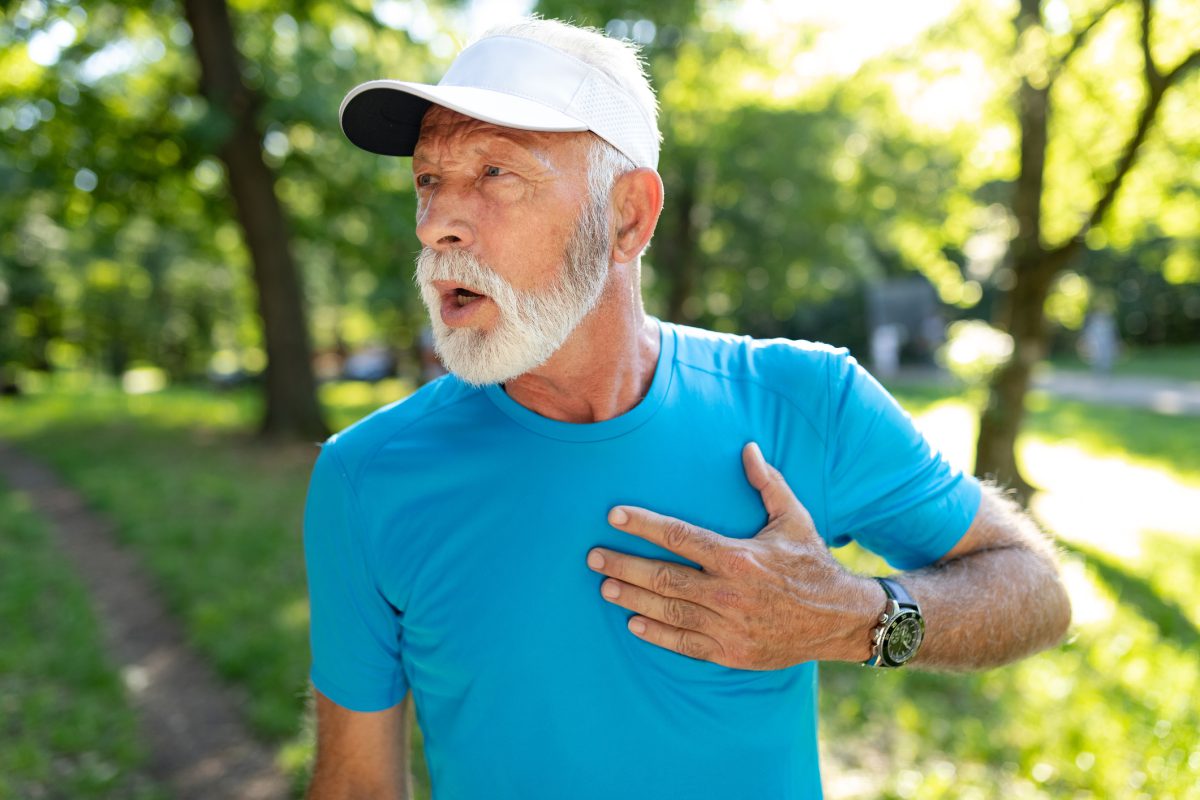Summer brings unique health risks that intensify when heat and humidity are high.
One of these is the risk of heart attack.
Winter is already known as “heart attack season.” But summer, too, increases the risk of heart attack and stroke.
However, a contributor to that potential threat comes from a surprising source…
It seems that the very medications that are supposed to protect your heart could elevate heart attack risk during the summer months.
Heart drugs that increase risk during heat waves
For people with coronary heart disease, beta-blockers can improve the odds of survival, while aspirin and other antiplatelet medications can reduce heart attack risk.
But here’s something ironic:
When the weather is hot, these two drugs might actually increase the risk of heart attack!
A study led by Dr. Kai Chen of the Yale School of Public Health found a connection between hot-weather heart attacks and the use of either aspirin or beta-blockers.
The study authors looked at nearly 2500 cases in which patients experienced a non-fatal heart attack during the summer months.
Their approach was simple: they compared heat exposure on the day of the heart attack to heat exposure during the same days of the week within the same month.
For example, if a person had a heart attack on the third Thursday in June, they compared that person’s heat exposure on that day to other “control” Thursdays in June.
It turned out that people who were using either aspirin or beta-blockers were more likely to have a heart attack during the hottest days as compared to the control days.
Aspirin use was associated with a 63% higher risk and beta-blockers with a 65% higher risk.
People taking both drugs had a 75 percent higher risk of heart attack.
The study doesn’t prove that the medications caused the heart attacks. But there is one clue…
Younger patients (ages 25 to 59 years) who took these drugs had a higher risk of heart attack than older patients (60 to 74 years) who did not, although susceptibility to heart attack tends to increase with age.
The takeaway: Keep your heart safe during the heat
“Patients taking these two medications have higher risk,” says Dr. Chen. “During heat waves, they should really take precautions.”
That means avoiding the heat and spending more time indoors.
Consider supplementing folic acid to survive the heat. Penn State researchers found that the B vitamin worked as well as an expensive drug in helping people stay calm.
Even if you’re not using these medications, these tips for heart-safe physical activity during extreme heat from the American Heart Association and the British Heart Foundation are important:
- Wear the right shoes. Believe it or not, when you exercise in the heat, you sweat the most in your shoes. Choose well-ventilated shoes and socks. Use foot powders that help to absorb sweat.
- Dress for the heat. Wear lightweight, light-colored clothing made from breathable fabrics, such as cotton. Wear a hat in extreme heat.
- Stay hydrated! Drink a few cups of water before, during, and after you exercise. Avoid caffeinated or alcoholic drinks.
- Take regular breaks. Find a cool or shady spot, stop for a few minutes to hydrate, and then start again.
- Watch the clock. Avoid outdoor activity between noon and 3 pm when the sun is at its strongest.
- Use waterproof sunblock and reapply as needed. A sunburn makes it harder for your body to regulate its temperature.
Sources:
Two heart medications tied to greater heart-attack risk during very hot weather — Eureka Alert
Read full article here




